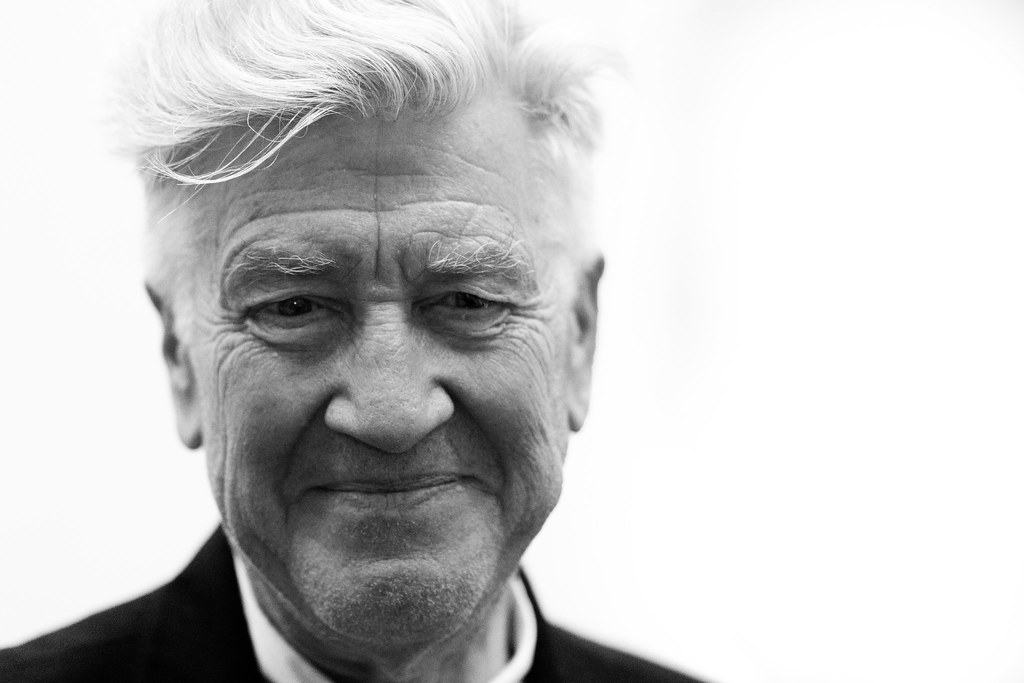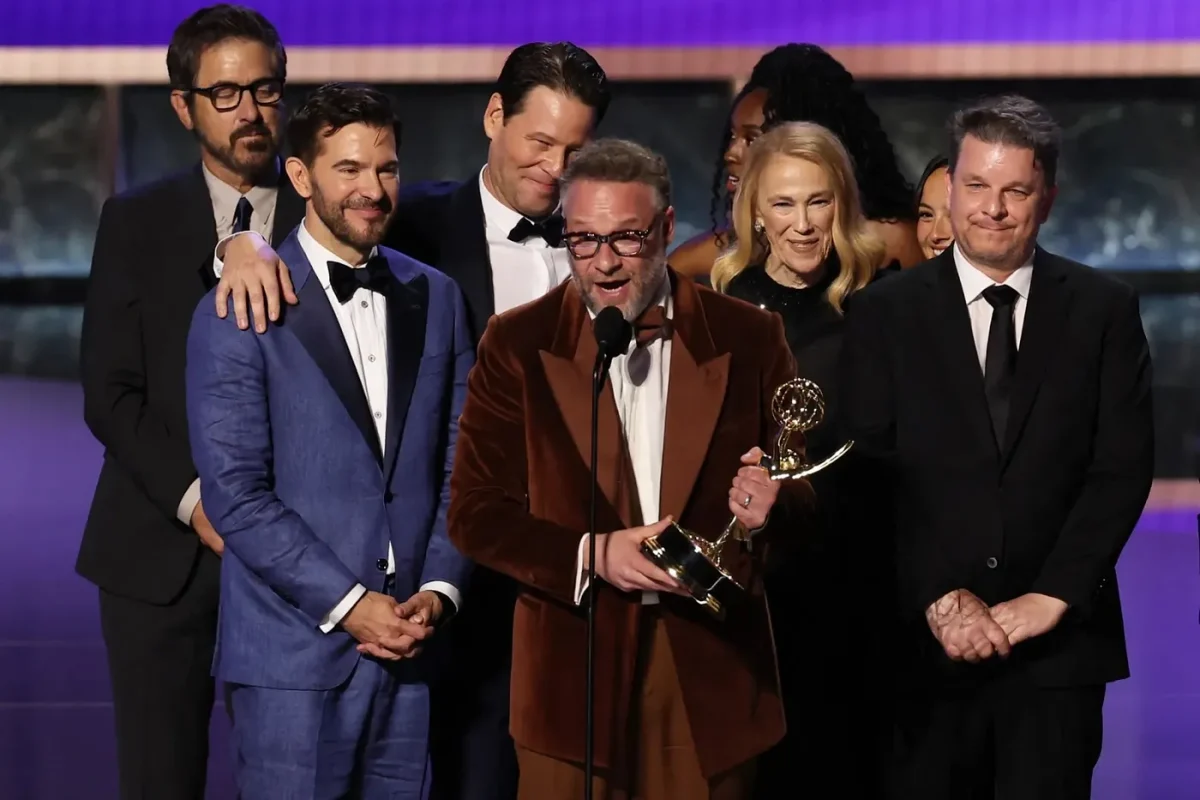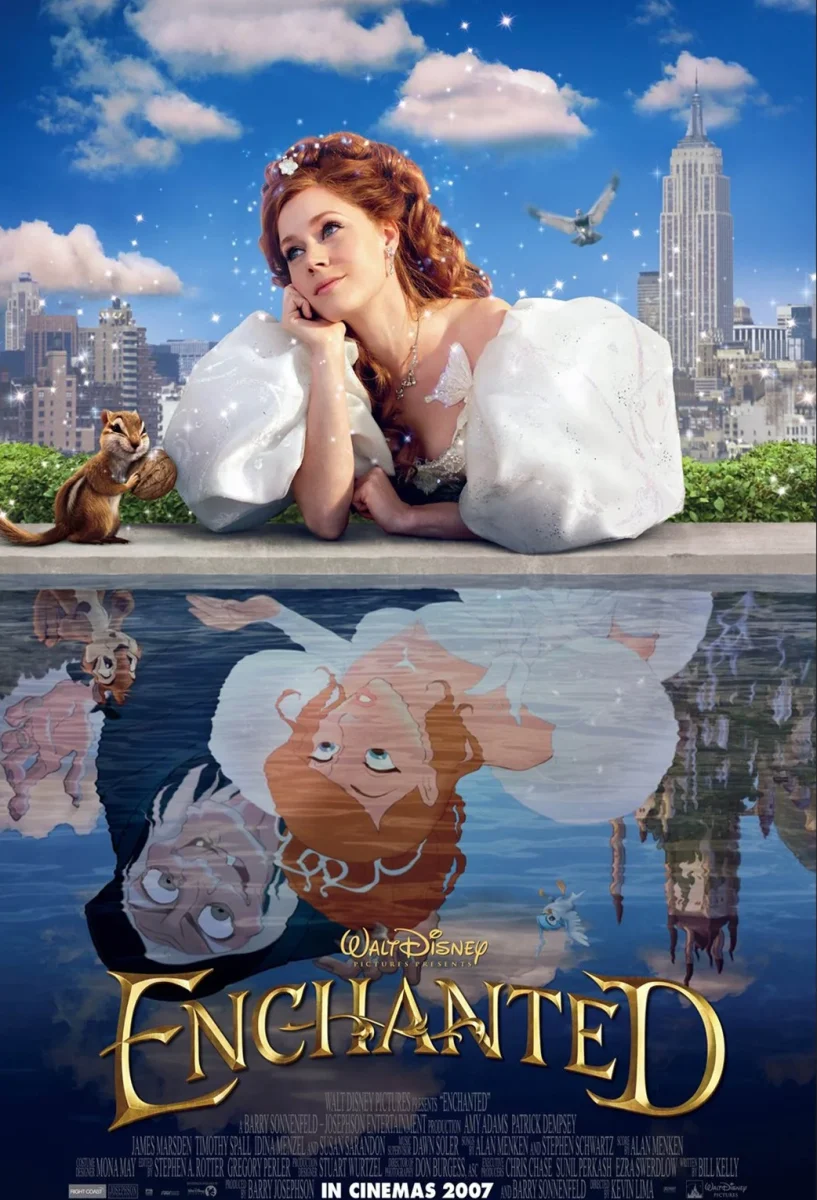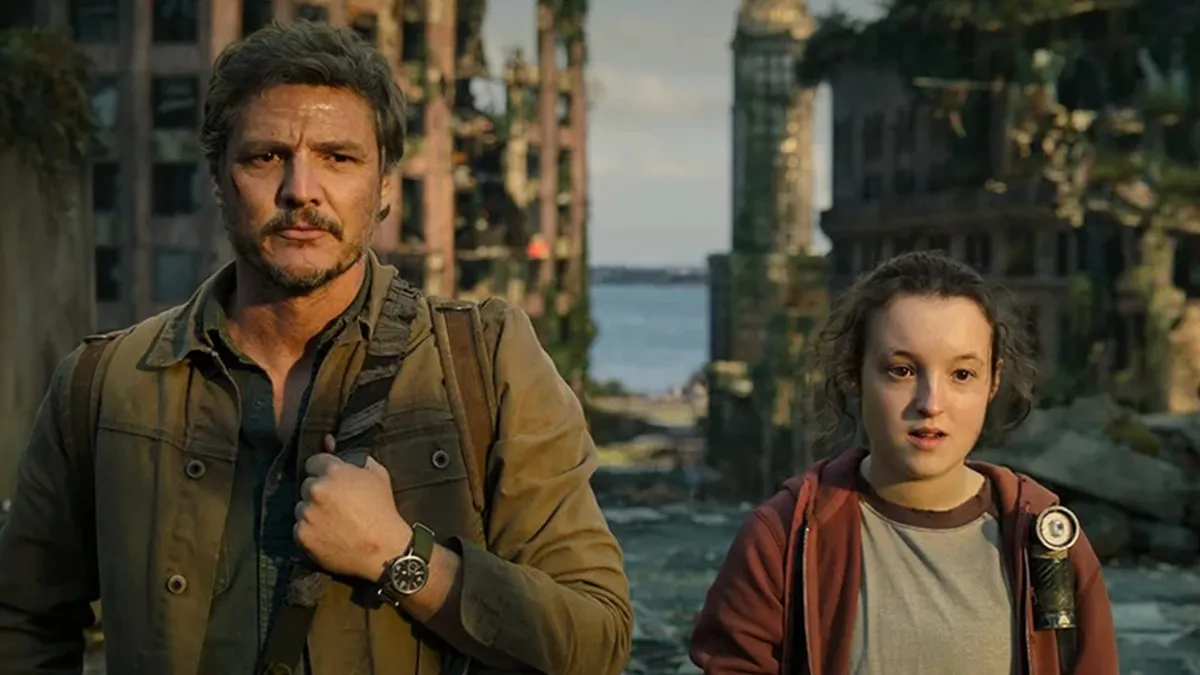Visionary director, producer, actor and writer David Lynch passed away at 78, as shared by his family on social media on Thursday, Jan .16. While the cause of death has not been disclosed at this time, it was publicly revealed in Aug. 2024 that Lynch had been diagnosed with emphysema. Over his remarkable 58-year career, Lynch earned a reputation as one of the greatest filmmakers in American history, celebrated for his surreal direction and eerie, dreamlike storytelling. His distinctive style became so iconic that the Oxford English Dictionary officially recognized the term “Lynchian” as an adjective in 2018.
David Keith Lynch was born on Jan. 20, 1946, in Missoula, Montana and grew up in North Carolina, Idaho and Virginia. In 1967, he started attending the Pennsylvania Academy of the Fine Arts, where he met his first wife, Peggy Reavey, and had his first child. In the same year, he bought a second-hand Bolex camera and started making short films like “The Alphabet” and “The Grandmother,” which laid the foundation for Lynch’s signature oddness.
In 1970, Lynch, Reavey and their daughter moved to Los Angeles, where he studied filmmaking at the AFI Conservatory and started creating his first full-length film, “Eraserhead.” Lynch received a $10,000 grant from the AFI, and the film production began in 1972. When the grant given was not enough to cover the film, Lynch loaned money from his father and started delivering a paper route of The Wall Street Journal for the remainder needed to complete the film.
“Eraserhead” was completed in 1976, and the film was submitted for screening at the Cannes Film Festival and New York Film Festival, where it was met with heavily mixed reviews and ultimately not chosen. However, the film was screened at the Los Angeles Film Festival, where film producer and distributor Ben Barenholtz heard of and supported the movie. Barenholtz distributed “Eraserhead” around the United States, and the surrealist horror film became a cult classic for midnight movie showings.
Film producer Stuart Cornfeld saw a screening of “Eraserhead” and claimed, “I was just 100 percent blown away… I thought it was the greatest thing I’d ever seen. It was such a cleansing experience.” Afterward, Cornfeld found scripts for Lynch to direct, and upon hearing the title, Lynch ultimately chose “The Elephant Man.” The 1980 biographical film was a critical and commercial success, earning eight Academy Award nominations, including Best Director and Best Adapted Screenplay.
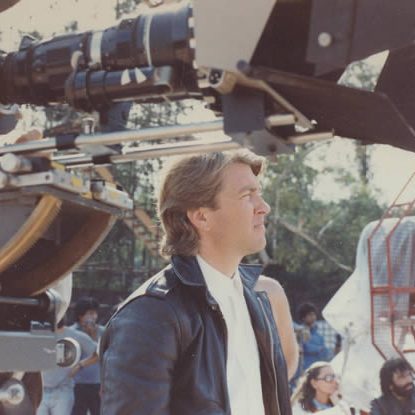
Following “The Elephant Man”’s success, “Star Wars” creator and director George Lucas offered Lynch the opportunity to direct “Return of the Jedi,” the third film in his original “Star Wars” trilogy. Lynch declined the offer, saying he had “next door to zero interest” in directing the film as he believed Lucas’ movie should reflect his own vision, not Lynch’s. Although he turned down one space epic, Lynch agreed to direct a film adaption of Frank Herbert’s “Dune” in 1984, plus two other movies for the production company De Laurentiis Entertainment Group (DEG). Lynch was unhappy with the film’s final cut, with much of his footage being tampered with by studio executives and cut out to condense the film’s plot. In its release year, “Dune” was a critical and commercial flop, costing $45 million to make and only grossing $27.4 million domestically.
After the film’s failure, Lynch was still contractually obligated to produce two other projects for DEG. The first film, planned to be a sequel to “Dune,” was scrapped, while the other film was based on an original script Lynch had been working on since 1973, “Blue Velvet.” Lynch described the film as “a dream of strange desires wrapped inside a mystery story” and starred “Dune” lead Kyle MacLachlan, Isabella Rossellini, Dennis Hopper and Laura Dern. “Blue Velvet” quickly became a critical and commercial success due to the film’s controversy with audiences and critics, introduced Lynch to a mainstream audience and ultimately earned him a second Academy Award nomination for Best Director in 1986.
In 1989, Lynch met television producer Mark Frost, and the two started writing scripts together. None of their original ideas came to fruition; however, while talking in a coffee shop, Lynch and Frost had the idea for a drama-thriller script about a corpse washing up on a lakeshore in a small town. They went to work on this project, initially called “Northwest Passage,” but was eventually changed to “Twin Peaks.” The duo pitched the series to ABC, which agreed to finance the pilot and eventually commissioned seven episodes.
Lynch directed two of the seven episodes of “Twin Peaks” and carefully selected the directors for the remaining five while simultaneously working on his Palme d’Or-winning film “Wild at Heart,” starring Dern, Nicolas Cage and Willem Dafoe in 1990. For the first time since his short films in the 1960s, Lynch stepped in front of the camera, portraying the hard-of-hearing FBI Chief Gordon Cole. With his distinctive cadence, Lynch brought a touch of comic relief to the series’ heavy plotlines and the conventions of standard police dramas.
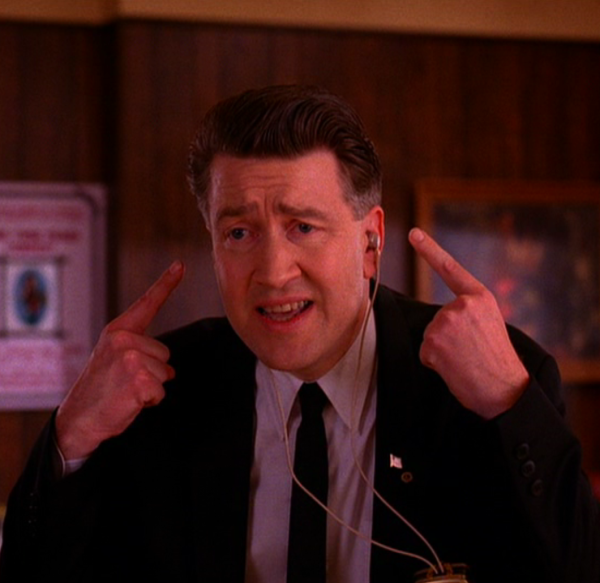
“Twin Peaks” was a massive success, becoming a global phenomenon, and soon a second season of 22 episodes went into production. Still, ABC executives believed public interest in the show was declining, and the show was canceled after a ratings drop. Lynch, who disliked the direction the writers and directors took in the second season, directed the final episode and ended it with a cliffhanger, stating in an interview with Chris Rodley, “That’s not the ending. That’s the ending that people were stuck with.”
In 1992, Lynch returned to “Twin Peaks,” this time without Frost, to create a prequel (and somewhat of a sequel) film, “Twin Peaks: Fire Walk with Me.” The movie was much darker and more uncanny than the television show, and Lynch claimed it dealt with themes of “the loneliness, shame, guilt, confusion and devastation of the victim of incest.” The film was a commercial failure in the United States at the time of its release but has since become one of Lynch’s most popular works amongst fans.
In 2001, Lynch worked on a neo-noir mystery pilot about the dark side of Hollywood, which ultimately was developed into “Mullholand Drive” starring Naomi Watts and Justin Theroux. The film was another critical success, leading to Lynch winning Best Director at the 2001 Cannes Film Festival and being nominated for his third and final Academy Award for Best Director.
Following the success of “Mulholland Drive,” Lynch created and financed the most experimental film of his career in 2006, “Inland Empire.” With a three-hour runtime, the psychological thriller does not follow a traditional film structure, being shot without a finished screenplay and primarily developed on a scene-by-scene basis. “Inland Empire” premiered at Italy’s Venice Film Festival on Sep. 6, 2006, and Lynch also received the Golden Lion Lifetime Achievement Award for his “contributions to the art of cinema.”
Rumors circulated that Lynch would retire from traditional filmmaking after the release of “Inland Empire.” He continued to find himself behind the camera, though, directing a 16-minute short film for Dior in 2010, a concert film for new wave band Duran Duran and an animated short for New York rock band Interpol in 2011. The filmmaker also frequently appeared on “The Cleveland Show” as Gus the Bartender between 2008 and 2012.
Lynch dispelled the rumors of his retirement by returning to “Twin Peaks” once again in 2015 to create the Showtime sequel, “Twin Peaks: The Return.” The show featured an ensemble of new and returning characters and aired 18 episodes in 2017. The reboot was nominated for eight Emmy awards, including Outstanding Directing for a Limited or Anthology Series or Movie and Outstanding Writing for a Limited or Anthology Series or Movie. The same year, Lynch released the short film “What Did Jack Do?” on Netflix. He stated about his possible retirement, “I did not say I quit cinema, simply that nobody knows what the future holds.”
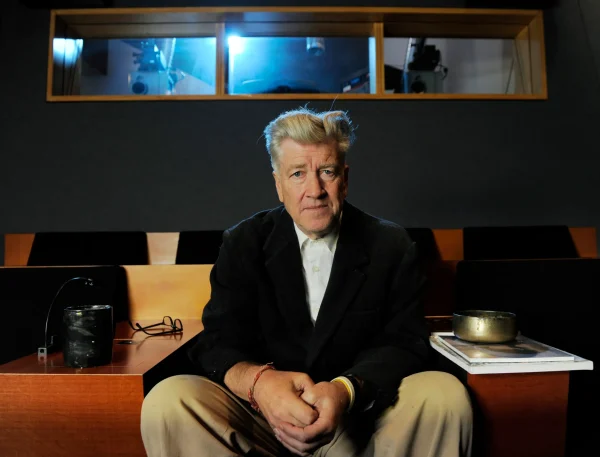
Lynch was a pioneer in many ways, including being one of the first filmmakers to distribute and premiere their own work on the internet, starting his website in Dec. 2001. Up until 2022, Lynch recorded and posted his own web series to YouTube, including “What is David Lynch Working on Today?” where he would make collages and “Today’s Number Is…,” where each day he picks a random number from one to ten using a jar containing ten numbered ping-pong balls. Lynch’s most popular web series came in the form of weather reports, which he would record daily from his home in Los Angeles, along with sharing a song he was thinking about that day. He posted his final weather report on Dec. 16, 2022, at 76 years old, stating afterward, “Now I can sleep longer in the morning. I had to get up very early to consult the real weather bulletin. In two years, I have not missed a single one.”
Lynch’s final work on screen came in 2022 when he portrayed director John Ford in Steven Spielberg’s semi-autobiographical film “The Fablemans.” According to Deadline, Lynch was hesitant about appearing in the movie, initially stating, “At first, I didn’t want to do it… And the reason is, when it comes to acting, I’ve purposely tried to stay away from it, giving the likes of Harrison Ford and George Clooney a chance at their careers.” However, Lynch agreed after Spielberg promised to meet his one request: leave a large bag of Cheetos in his dressing room.
Many friends and regulars in Lynch’s work shared their condolences, with MacLachlan sharing in a lengthy Instagram post, “His love for me and mine for him came out of the cosmic fate of two people who saw the best things about themselves in each other. I will miss him more than the limits of my language can tell and my heart can bear. My world is that much fuller because I knew him and that much emptier now that he’s gone.” Lynch’s family shared on Facebook, “There’s a big hole in the world now that he’s no longer with us. But, as he would say, ‘Keep your eye on the donut and not on the hole.’”

